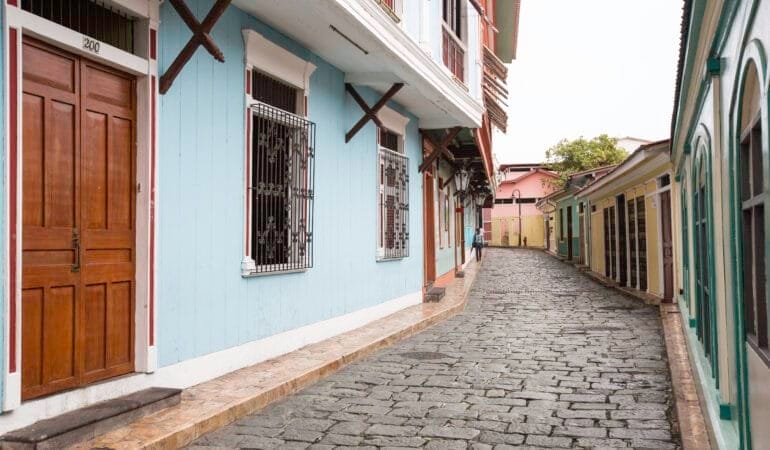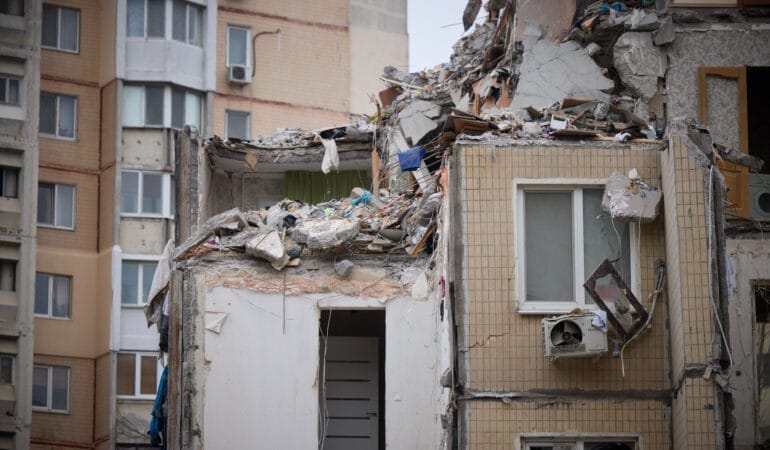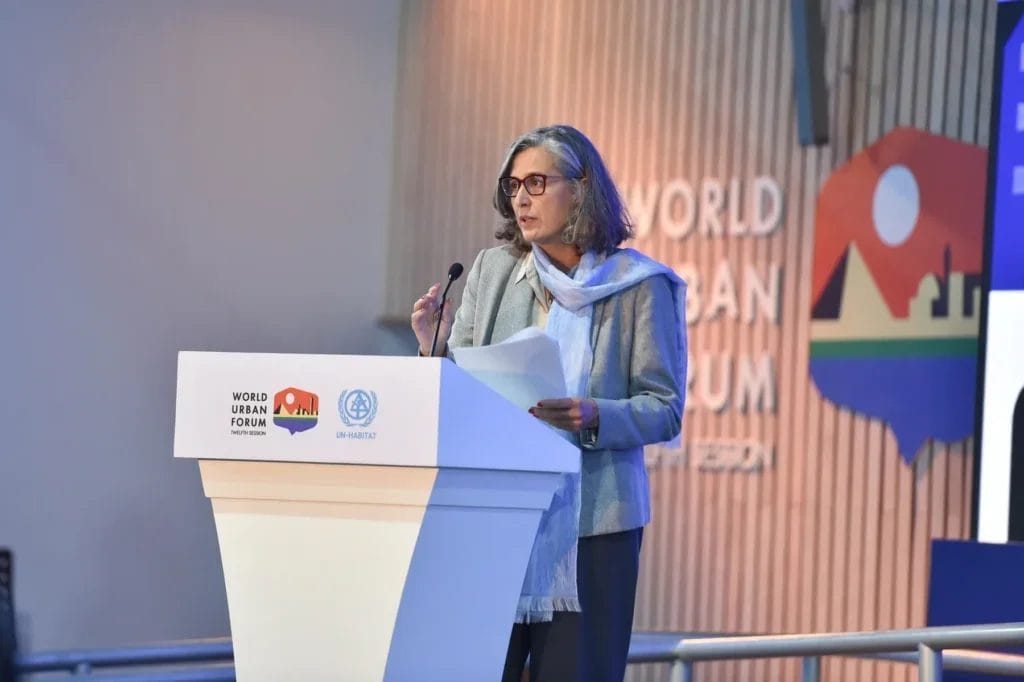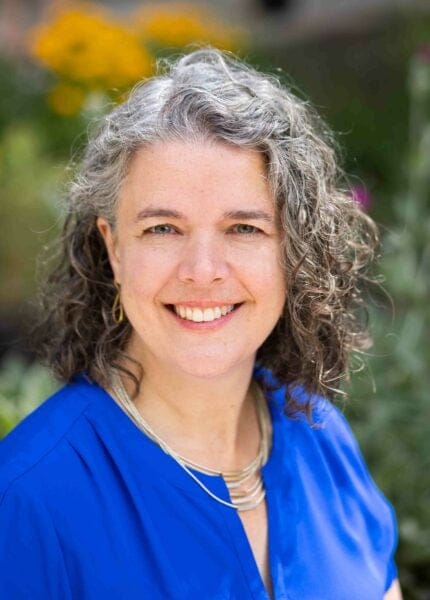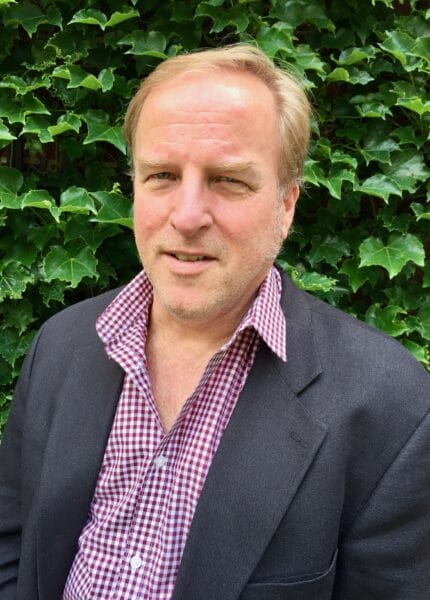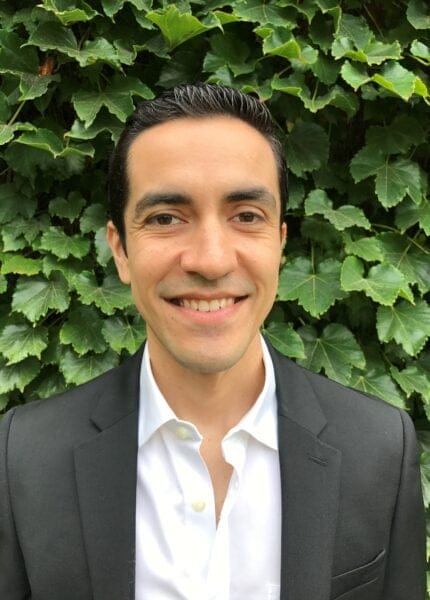A falta de acesso a moradias dignas pode perpetuar desigualdades que persistem ao longo de gerações. E, nesse sentido, países de toda a América Latina e Caribe estão enfrentando crises habitacionais. No entanto, cada um enfrenta esses desafios de maneira única. Nas cidades que estão se urbanizando rapidamente, por exemplo, em que os custos de terrenos e da construção são altos, a demanda por moradias acessíveis supera a oferta. Em outros lugares, pode ser difícil ou caro demais para os compradores de imóveis obterem um financiamento habitacional.
Esses desafios relacionados, que se manifestam em contextos distintos, exigem soluções políticas únicas e bem elaboradas. E agora, um novo relatório que “harmoniza” dados habitacionais díspares de uma dúzia de países da América Latina coloca o panorama habitacional da região em uma perspectiva mais clara para os formuladores de políticas.
O 2024 LAC Housing Yearbook, uma colaboração entre o Lincoln Institute of Land Policy e o CAF (Banco de Desenvolvimento da América Latina e do Caribe) catalogou mais de 250 indicadores habitacionais e financeiros em 12 países (Argentina, Brasil, Chile, Colômbia, Costa Rica, República Dominicana, Equador, El Salvador, México, Panamá, Peru e Uruguai) para permitir comparações entre os países da região. O relatório já está disponível em espanhol, com traduções para inglês e português em breve.
“Ao coletar e padronizar esse amplo conjunto de informações, o projeto busca preencher lacunas de conhecimento, permitir comparações entre países e apoiar a formulação de políticas eficientes e direcionadas que reduzam os déficits habitacionais, melhorem a acessibilidade e promovam o desenvolvimento sustentável”, afirmou Pablo López, coordenador executivo sênior de habitação no CAF.
“Os dados revelam realidades marcantes”, continuou López, cuja equipe apresentou o relatório inaugural à Assembleia Geral do Fórum de Ministros e Altas Autoridades em Habitação e Desenvolvimento Urbano da América Latina e do Caribe (MINURVI) em dezembro. “Os déficits habitacionais são significativos, a penetração de hipotecas continua baixa e a acessibilidade é constantemente prejudicada pelo aumento dos custos em um ritmo mais acelerado que o dos rendimentos.”
Os tipos de indicadores monitorados nos 12 países incluem taxas de inflação e de hipoteca, taxas de participação no mercado de trabalho formal e informal, custos de construção por metro quadrado, além de medidas quantitativas e qualitativas do déficit habitacional de um país, sendo que as primeiras se referem ao número de casas adicionais necessárias para atender à demanda, e as últimas contabilizam o número de famílias que vivem em moradias precárias. Além de um almanaque de informações estatísticas, o relatório inclui uma visão geral regional e perfis detalhados do mercado habitacional de cada país.
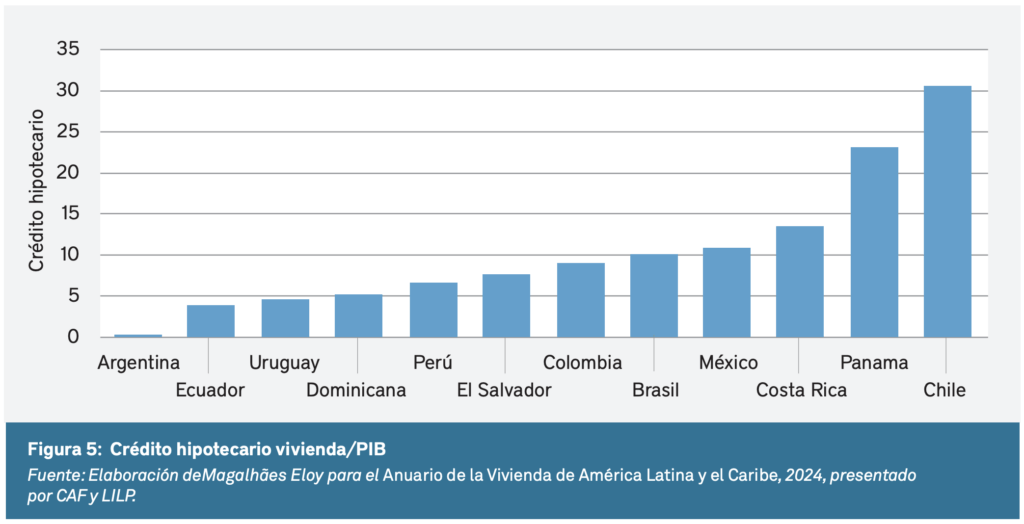
“É um projeto bastante ambicioso devido à ampla variedade de categorias de dados que ele tenta consolidar”, disse Luis Quintanilla, analista sênior de políticas do Lincoln Institute. A esperança é atualizar o anuário anualmente, o que permitirá comparações ano a ano, além de expandir a lista de países ao longo do tempo. “Achamos que é um recurso muito valioso”, acrescentou. ““Esperamos que seja útil para os ministros de habitação e secretários de desenvolvimento urbano, bem como para profissionais, desenvolvedores, instituições bancárias e financeiras e outros pesquisadores.”
Reunir alguns dos dados apresentou um “desafio formidável”, disse López, já que estavam dispersos em várias bases de dados públicas e privadas, exigindo uma meticulosa verificação cruzada, quando estavam disponíveis. Por exemplo, as informações sobre microfinanciamentos (pequenos empréstimos não hipotecários que as famílias podem usar para fazer melhorias graduais em suas casas) eram inconsistentes e fragmentadas. E números confiáveis sobre a produção de habitação informal e o acesso ao crédito para trabalhadores informais eram difíceis ou impossíveis de encontrar.
O processo também revelou algumas lacunas de informações que pesquisadores ou agências públicas poderiam abordar no futuro, bem como algumas ineficiências nos subsídios habitacionais. “Contrariamente à intuição, alguns mecanismos de apoio habitacional de países carecem de foco social, [o que faz com que] beneficiem grupos de maior renda, minando seus objetivos de equidade social”, explicou López.

Os países estudados não estão apenas enfrentando a crise habitacional de maneiras diferentes, mas também estão tomando medidas distintas para enfrentá-la. “Embora os países compartilhem desafios fundamentais relacionados à habitação, suas abordagens variam significativamente”, disse López. “A pesquisa revelou bolsões de inovação e progresso em toda a região—cada nação demonstrou pontos fortes únicos que oferecem insights para possíveis soluções.”
O Chile, por exemplo, desenvolveu um mercado hipotecário sofisticado “complementado por programas inovadores de subsídios para aluguel que abordam a acessibilidade habitacional de múltiplas perspectivas”, afirmou López. O Panamá pode se orgulhar de taxas de hipoteca relativamente baixas e de um mercado de crédito que alcança quase um quarto (23,1%) do PIB, “um feito notável em uma região muitas vezes caracterizada pela inclusão financeira limitada”, acrescentou. “Enquanto isso, o Equador e o Peru estão rompendo barreiras com instrumentos inovadores de financiamento verde, incluindo títulos verdes e hipotecas que demonstram uma abordagem progressista para o desenvolvimento sustentável da habitação.”
Ainda assim, os dados deixam claro que nenhum país solucionou de modo abrangente os desafios habitacionais, disse López. “Em vez disso, a região exibe um mosaico de inovações direcionadas, cada uma abordando dimensões específicas de um panorama habitacional complexo.”
Quintanilla espera que essa nova coleção de dados confiáveis e comparáveis ajude os formuladores de políticas a se conectarem e aprenderem uns com os outros. “Se algum país em particular encontrar um contexto semelhante, mas com resultados diferentes, esperamos que, ao destacar essas discrepâncias, seja possível gerar um intercâmbio de ideias e lições transferíveis”, afirmou.
Jon Gorey é redator da equipe do Lincoln Institute of Land Policy.
Crédito da imagem principal: CAF – Banco de Desenvolvimento da América Latina e Caribe.

